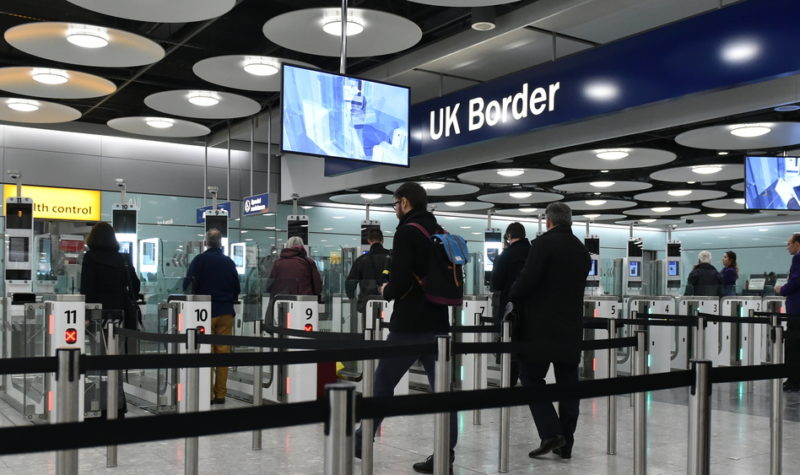The UK’s solution to finding high-skilled workers: a points-based immigration system

The UK is replacing the EU’s freedom of movement with a points-based immigration system where applicants will have to score at least 70 points to be considered for a visa.
When the UK leaves the EU in January 2021, it will cease to be automatically accessible to EU citizens who want to come to the UK to live and work. Freedom of movement will end, and visas will be required to enter the UK for long periods. Part of the UK’s plan is to create a system that allows high-skilled workers into the UK while remaining off-limits to anybody deemed not to meet the criteria and be able to fill high-skilled roles.
The UK Government believes they have the answer in a points-based immigration system. Such a system is not new or innovative as these types of systems are already active in Canada, New Zealand, and the country everyone references when it comes to this immigration policy – Australia. However, the UK’s system will not cut and paste any of the criteria from the countries mentioned above. Instead, they will operate their system that allows professional talent to enter for work purposes using their model. They will not award points based on age like the Australian system.
The UK’s points-based immigration system
To be granted entry to the UK, anybody applying for their visa, irrespective of their nationality, will need to accumulate 70 points. Securing 70 or more points will not grant the applicant a permit, but rather, it will allow them to apply for a visa and have their case looked at by an immigration official who will ultimately decide whether they are to be granted ‘leave to remain’.
Points can be scored by:
- Having a job offer from a sponsor who has been approved by the Home Office. Such approved employers can be found on many UK job sites, such as the popular Jobrapido with plenty of high-skilled jobs in tech, engineering, medicine and more. (20 points)
- The job offer on the table meets the high-skill requirements of the new system. (20 points)
- The applicant has sufficient English skills. (10 points)
- Holding a specific qualification (various)
- National skill shortages (various)
Confusion over salary requirements
Theresa May’s Government had introduced a minimum wage for these applicants, which was set at £30,000 per annum. However, that figure has since been scrapped and replaced with a new salary requirement of £25,600. High-skilled workers will ultimately need to be offered a contract with this minimum salary to be able to have a successful visa application.
However, there are exceptions to the rule.
Migrants may need to earn more than this figure if they are working in a specific role. They are expected to be paid at the higher end of a salary in their role, also referred to as the going rate. For example, doctors will need to be paid much more than £25,600.
Applicants can also be awarded a visa if they earn £20,480 or more, as long as the job they have been offered is classed within a national shortage such as a nurse role – or if their intended post is related to them having a PhD.
Criticism of the system
The cap on the number of migrants using this avenue has also been removed. This is to welcome more talent to the UK. Nevertheless, the UK Government has also come under criticism that there will be a shortage of low-skilled workers throughout the country, especially considering no visas for these workers will exist.
Comments (0)